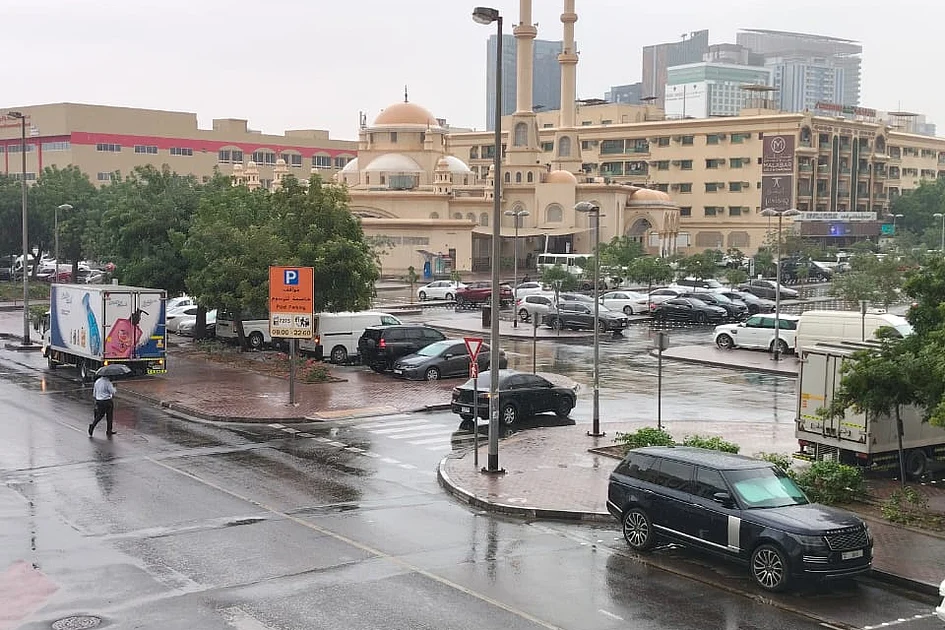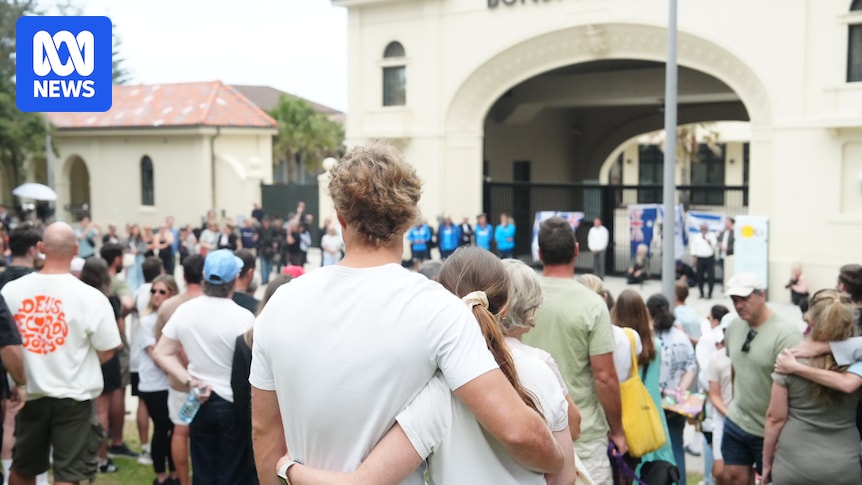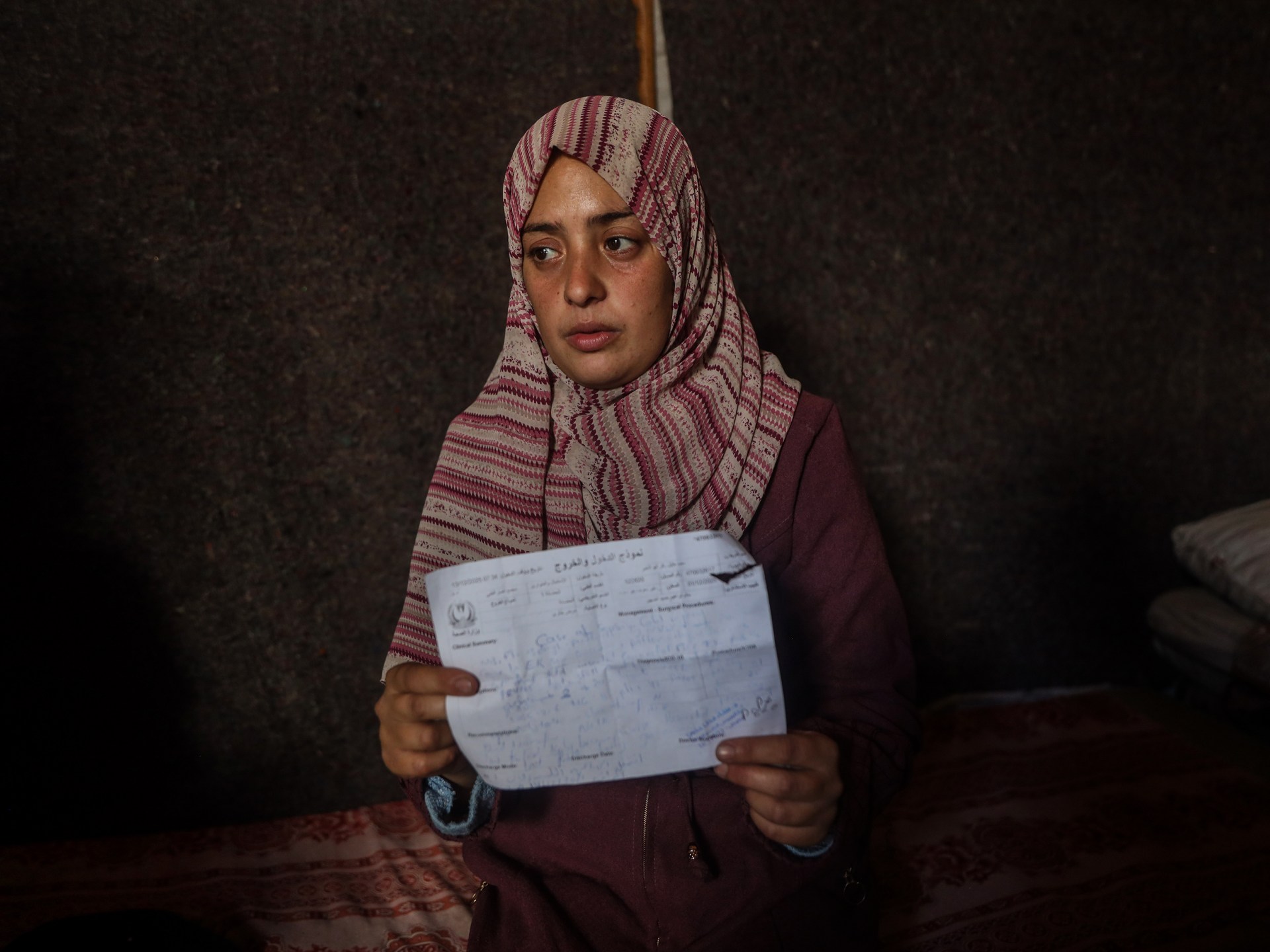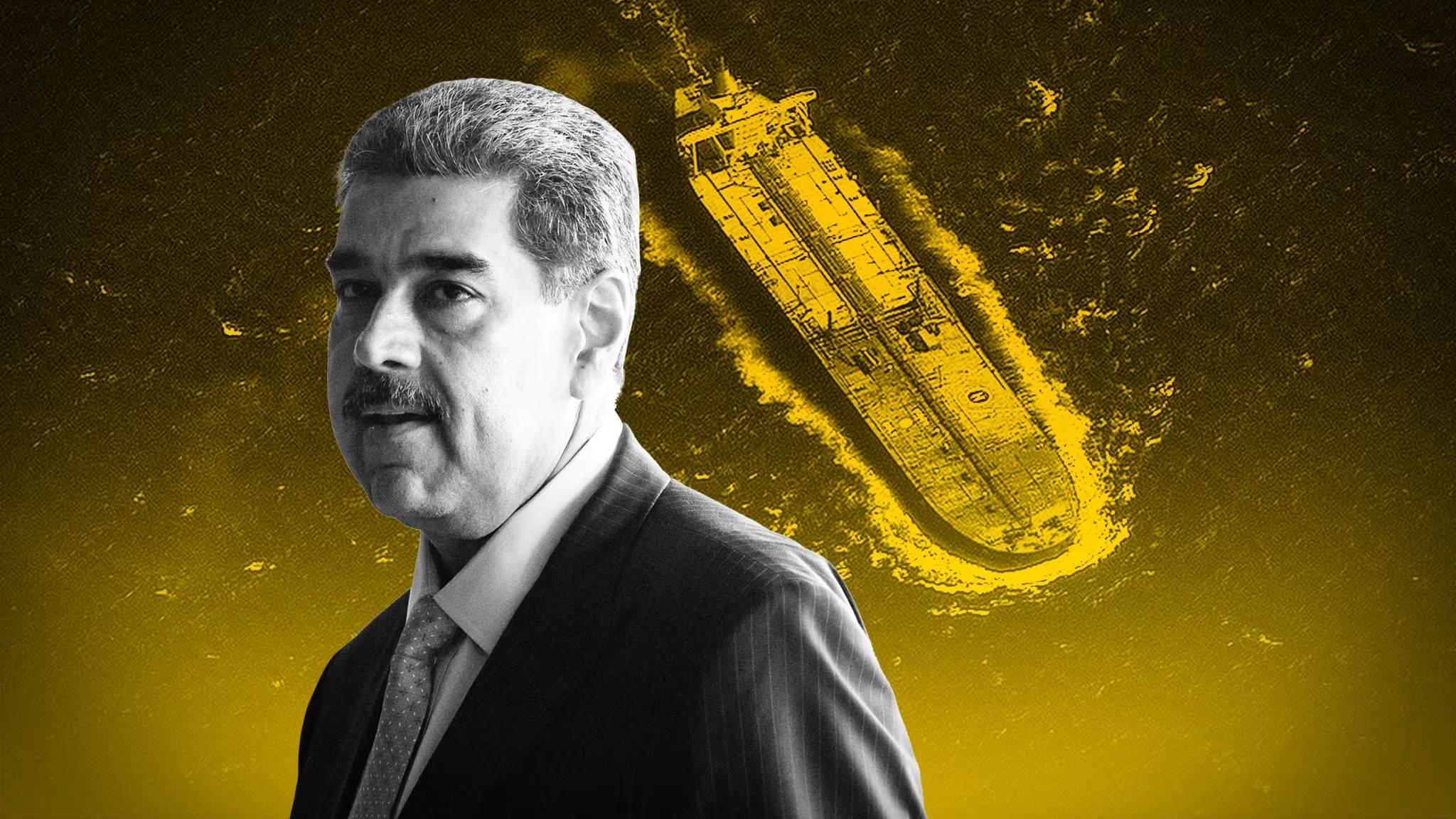- Think Change episode 87: What trends will shape 2026? ODI: Think change
- Global security continued to unravel in 2025. Crucial tests are coming in 2026 Wired Gov
- 2026 and beyond to be shaped by uncertainty Arab News
- The world in 2026 Chatham…
Category: 2. World
-
Think Change episode 87: What trends will shape 2026? – ODI: Think change
-

Unstable weather: Dubai announces remote work for govt employees on December 19
[Editor’s note: Follow the Khaleej Times live blog for the latest updates on unstable weather in the UAE]
Dubai Crown Prince Sheikh Hamdan bin Mohammed bin Rashid Al Maktoum has declared remote work for government employees on December 19.
The…
Continue Reading
-

Australia vows new hate laws as youngest Bondi Beach shooting victim laid to rest
Alex Ryvchin, Co-Chief Executive Officer of the Executive Council of Australian Jewry (ECAJ), attends the funeral of Matilda, 10, who was killed during the mass shooting at Bondi beach on Sunday, in Sydney, Australia, on December 18. — Reuters …
Continue Reading
-

Trump orders ban on sanctioned oil tankers traveling to and from Venezuela – NPR
- Trump orders ban on sanctioned oil tankers traveling to and from Venezuela NPR
- The $8 Billion Black Market for Venezuelan Oil Is Suddenly Closing Down The Wall Street Journal
- What are the ‘ghost ships’ Venezuela is using to evade oil sanctions?
Continue Reading
-

Venezuelans brace for hardship as Trump threatens oil blockade : NPR
People walk past a mural depicting former Venezuelan president Hugo Chavez alongside Venezuelan independence heroes in…
Continue Reading
-
Remarks by President António Costa at the doorstep ahead of the European Council meeting of 18-19 December 2025 – consilium.europa.eu
- Remarks by President António Costa at the doorstep ahead of the European Council meeting of 18-19 December 2025 consilium.europa.eu
- Zelensky gives stark warning as EU leaders start crunch talks on Russia’s frozen cash BBC
- Russia-Ukraine war…
Continue Reading
-

Security experts say hate speech crackdown may ‘constrict’ preachers promoting violence
Experts say the federal government must actually use new laws being finalised this summer to crack down on hate speech and so-called “hate preachers” in the wake of the Bondi terror attack.
Four days after two gunmen targeted Jewish Australians…
Continue Reading
-

Baby Mohammed freezes to death as Gaza battles winter and displacement | Israel-Palestine conflict News
Khan Younis, Gaza Strip – With a pale face and unrelenting tears, Eman Abu al-Khair sits inside her tent, clutching a small bag of her infant’s clothes. Her newborn had died of hypothermia the day before.
The devastated mother, 34-years-old,…
Continue Reading
-

Can Venezuela’s Nicolás Maduro survive Donald Trump’s oil blockade? – Financial Times
- Can Venezuela’s Nicolás Maduro survive Donald Trump’s oil blockade? Financial Times
- Does the US have any real claim on Venezuelan oil as Stephen Miller says? Al Jazeera
- Trump orders ‘blockade’ of sanctioned oil tankers leaving, entering…
Continue Reading
-
Putin envoy to hold talks with Trump aides on U.S. peace plan in Miami this weekend – Axios
- Putin envoy to hold talks with Trump aides on U.S. peace plan in Miami this weekend Axios
- Trump presses Kiev to ‘move quickly’ as Miami talks on Ukraine war loom TRT World
- Russia’s Dmitriev Heading for US to Meet Witkoff, Kushner, Source Says
Continue Reading